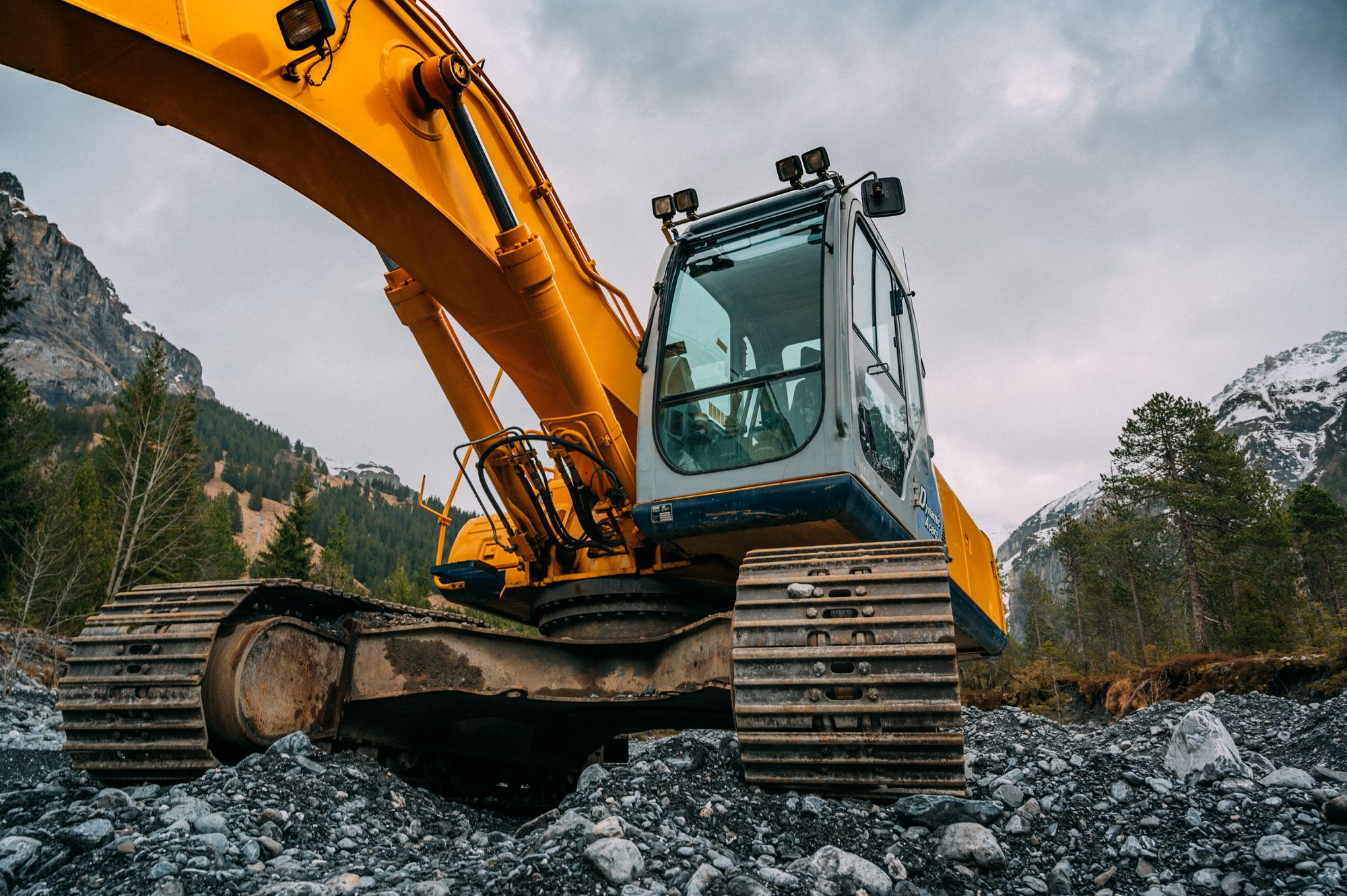Efficiency and cost-effectiveness are crucial for success in the construction and landscaping industries. Utilizing heavy equipment rental services is highly effective in achieving your project goals. This guide offers insight into heavy equipment rental’s advantages and tips for selecting the most appropriate rental solution for your project.
Due to its numerous advantages, heavy equipment rental has become an increasingly popular choice for contractors and landscapers. Here are some of the primary reasons to consider heavy equipment rental for your next project:
- Cost-effectiveness: Purchasing heavy equipment can be a significant expense for any business, especially for small- to medium-sized companies. By opting for heavy equipment rental, you can save on the upfront costs of purchasing equipment and the ongoing expenses associated with ownership, such as maintenance, insurance, and storage. This allows you to allocate your financial resources more effectively and manage your project budget better.
- Flexibility: Heavy equipment rental offers flexibility that ownership cannot provide. You can rent equipment for specific projects or periods, ensuring you have access to the right tools when you need them. This allows you to adapt to changing project demands, seasonal requirements, or unexpected challenges without being locked into long-term ownership.
- Access to the latest technology: Heavy equipment rental companies often maintain a diverse fleet of machines featuring the latest technology and advancements. This ensures you have access to the most efficient and up-to-date equipment, which can improve your project outcomes and keep you competitive in the marketplace.
- Reduced downtime: When renting heavy equipment, you can rely on the rental company to provide well-maintained machines ready for use. In the event of a breakdown, the rental company will typically handle repairs or replacements quickly, minimizing downtime and ensuring your project stays on schedule.
With these benefits in mind, choosing the right heavy equipment rental company and selecting the most suitable equipment for your project is essential. To ensure you make the right decision when renting heavy equipment, follow these tips:
- First, assess your project requirements thoroughly. Consider the specific equipment you need, how long you’ll need it, and any extra services required, such as delivery or operator training. This will help you determine which rental company best suits your needs.
- Research potential rental companies: Conduct thorough research on likely heavy equipment rental companies in your area. Look for companies with a solid reputation, a diverse and well-maintained fleet, and responsive customer service. Reading reviews and asking for recommendations from industry peers can help identify reputable rental providers.
- Compare pricing and contract terms: Request quotes from several rental companies and compare their pricing and contract terms. Consider factors beyond the rental rate, such as insurance coverage, maintenance and repair policies, and additional fees or charges.
- Inspect the equipment: Before signing a rental agreement, inspect the equipment to ensure it is in good working condition and meets your project requirements. This includes checking for visible damage, testing the equipment’s functionality, and verifying its maintenance history.
- Review safety protocols and training: Ensuring the safe operation of heavy equipment is crucial. Confirm that the rental company provides comprehensive safety guidelines and offers operator training if necessary.
By carefully considering these factors and selecting the most suitable heavy equipment rental solution for your project, you can streamline your construction or landscaping endeavors, save on costs, and enjoy greater flexibility. Ultimately, this can lead to more successful project outcomes and a more decisive competitive edge in the industry.




